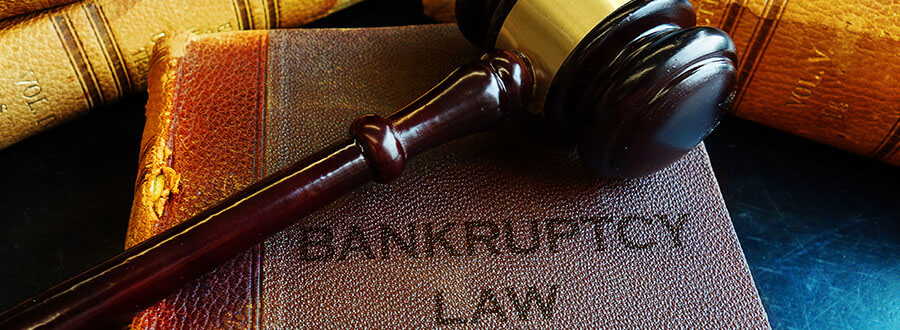Key Points
- A Chapter 7 bankruptcy is best for consumers with unsecured debts they are no longer able to pay.
- When a judge discharges your debt, you no longer have a legal obligation to repay your creditors, and creditors are not allowed to pursue you for the collection of the delinquent debt.
- Not all debts qualify for a discharge in a Chapter 7 bankruptcy petition.

A Chapter 7 bankruptcy can seem like the easy way out. Qualify, and you can walk away debt-free within a matter of months. Unfortunately, like most things, it’s not quite that easy. Not only is it difficult to qualify for a Chapter 7 bankruptcy, but even those who do face the challenge of a long list of debts that do not qualify for discharge under Chapter 7 bankruptcy.
What is Non-Dischargeable Debt
Non-dischargeable debts are financial obligations the courts will not typically eliminate, even if it creates a financial burden for the debtor. You remain responsible for these bills after the bankruptcy filing process is complete.
9 Debts That Are Always Non-dischargeable in Chapter 7 Bankruptcy:
- Any debt you do not include in the bankruptcy petition: When you file for bankruptcy, you must produce a schedule of all your creditors and amounts owed to each. Failing to list a creditor will prevent the debt from being discharged through bankruptcy.
- Student Loans: With a few exceptions, you will remain liable for student loans. In some cases, it is possible to prove that repaying the loans would cause an “undue hardship.” This exception requires a separate process for the forgiveness of student loan debt.
- Secured Debts: Chapter 13 is a better option for dealing with secured debts because the process gives you time to catch up late balances or modify the loan. You also have the option of giving back the asset. In that case, you could qualify to have any remaining balance owed discharged through the bankruptcy proceedings.
- Alimony, child support and attorney fees for child custody or support.
- Loans against retirement accounts.
- Delinquent tax debts.
- Association fees such as HOA, condo, or cooperative housing bills.
- Fines and penalties owe to the Government.
- Restitution from criminal acts. This class of debt includes financial obligations incurred because of a willful or malicious action against another person or their property. The law also excludes damages related to a DUI.
3 Debts That Could Remain if the Creditor Objects
- Debts resulting from a marital settlement or divorce
- Cash advance loans: If you receive a cash advance over $1,000 from a single creditor within 70 days of filing bankruptcy, the creditor can challenge the dismissal.
- Debts incurred due to fraud: Examples include large purchases made just prior to filing bankruptcy, which you had no intention of repaying. The law defines large purchases as accumulating more than $725 in charges within 90 days of filing bankruptcy from a single creditor. Fraud can also include things like falsifying information on credit applications, which give the creditor grounds to challenge the discharge.
Creditors who wish to challenge the discharge of your debts must present their case in an adversary proceeding. When this occurs, you must prove that you intended to repay the debt. If the court rules in the creditors’ favor, you will remain responsible for the debts in question.
Final Thoughts
In addition to non-dischargeable debts, courts can deny your bankruptcy petition if you do not follow the proceedings as mandated and provide required information to the courts by designated deadlines. Filing bankruptcy will require you to present tax forms, complete a credit management course at the beginning and the end of the proceedings, and openly disclose all debts and assets. Failure to meet any of these requirements can limit or eliminate your ability to discharge debts.
